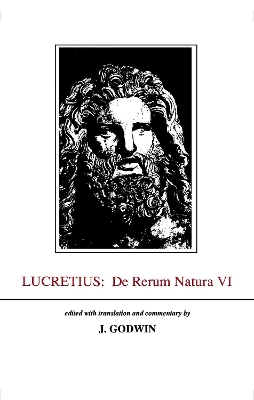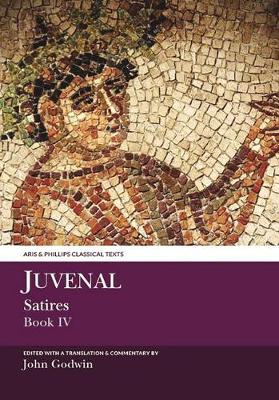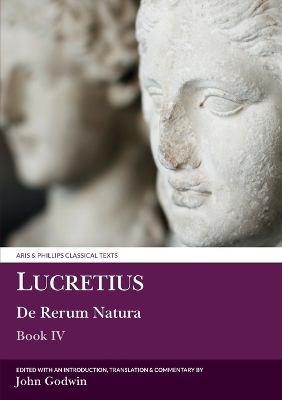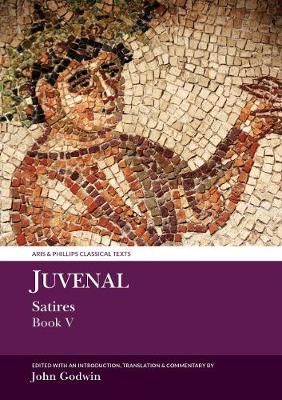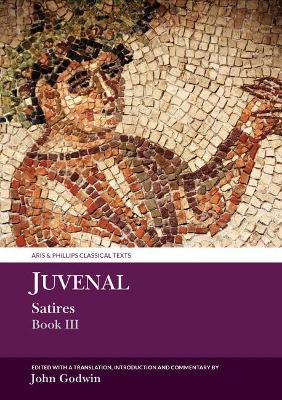Aris & Phillips Classical Texts
5 total works
The Introduction sets Juvenal in the history of Roman Satire, explores the style of the poems and also asks how far they can be read as in any sense serious, given the ironic pose adopted by the satirist. The text is accompanied by a literal English translation and the commentary (which is keyed to important words in the translation and aims to be accessible to readers with little or no Latin) seeks to explain both the factual background to the poems and also the literary qualities which make this poetry exciting and moving to a modern audience.
them with praise but rarely with cash. Satire 8 is an excoriating account of the old 'noble' families and how their current representatives are anything but noble in their behaviour both at home and in the provinces. The scandalous Satire 9 returns to the theme of patronage in a superbly acid dialogue with a certain Naevolus who has served his patron sexually and who now complains of the poor returns for his extensive and energetic labours. All three poems purport to describe and to critique Roman society, but they do so with an irony which draws attention to the medium as well as the message and which makes the speaker of the poetry often the target of his own abuse.
This is the first edition of Book 3 as a unit by itself and the first edition intended for students with limited knowledge of Latin. The introduction sets the scene for the text and gathers background information on a range of essential topics pertinent to the text. The commentary as well as dealing with textual transmission, the metre, the factual background and advanced points of stylistic interest also aims to impart something of the pleasure and interest to be gained from reading this sublimely skilful poetry.
